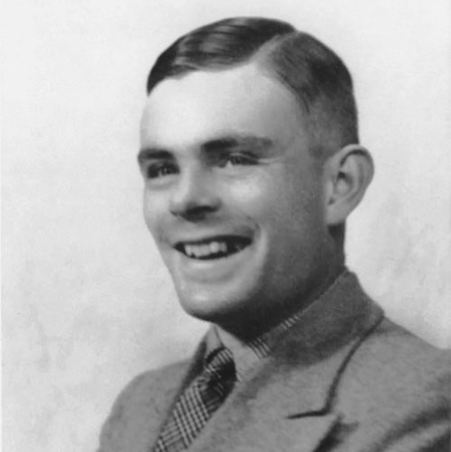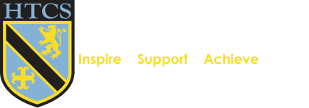Alan Mathison Turing was a pioneering British computer scientist, mathematician, logician, cryptanalyst, philosopher, mathematical biologist, and marathon and ultra distance runner. He was very influential in the development of computer science, providing a formalisation of the concepts of “algorithm” and “computation” with the Turing machine, which can be considered a model of a general purpose computer. Turing is widely considered to be the father of theoretical computer science and artificial intelligence. During the Second World War, Turing worked for Britain’s code breaking centre. For a time he led the section responsible for German naval cryptanalysis. He devised a number of techniques for breaking German ciphers. Turing’s pivotal role in cracking intercepted coded messages helped enable the Allies to defeat the Nazis. Throughout his life Alan was persecuted for being homosexual and in 1952 he was convicted of this as, at the time, it was considered a crime. Queen Elizabeth II granted him a posthumous pardon for this in 2013. Turing House students will approach college life with the same determination, commitment and enthusiasm as shown by Alan. Turing House students will be dynamic, self-motivated learners who, like Turing, will not let problems or people stand in their way. They will seize every available opportunity to ensure they achieve and will welcome recognition for their success.
Turing House

Alan Turing

Miss Sarah Brettle
Turing House Leader
House Leader: Mrs Sarah Brettle
Worked at HTCS: 3 Years
Subject Specialism: Mathematics
My Mission: Turing House ethos will be characterised by our intellectual brilliance, our commitment to truth and ethics, our pursuit of knowledge, and our dedication to using our talents for the betterment of society.
We are very keen in Turing to support CAUSE Foundation – a charity that is dedicated to supporting families in Teesside. The CAUSE Foundation started out in 1987 when they delivered their first 25 Christmas hampers to families in need. As it began to grow, this became known as the Christmas Hamper Campaign, and each year received nominations from social services teams, local schools and other local charities. What started out as a ‘once a year’ appeal developed into a year-round support focused on those who are most disadvantaged.
